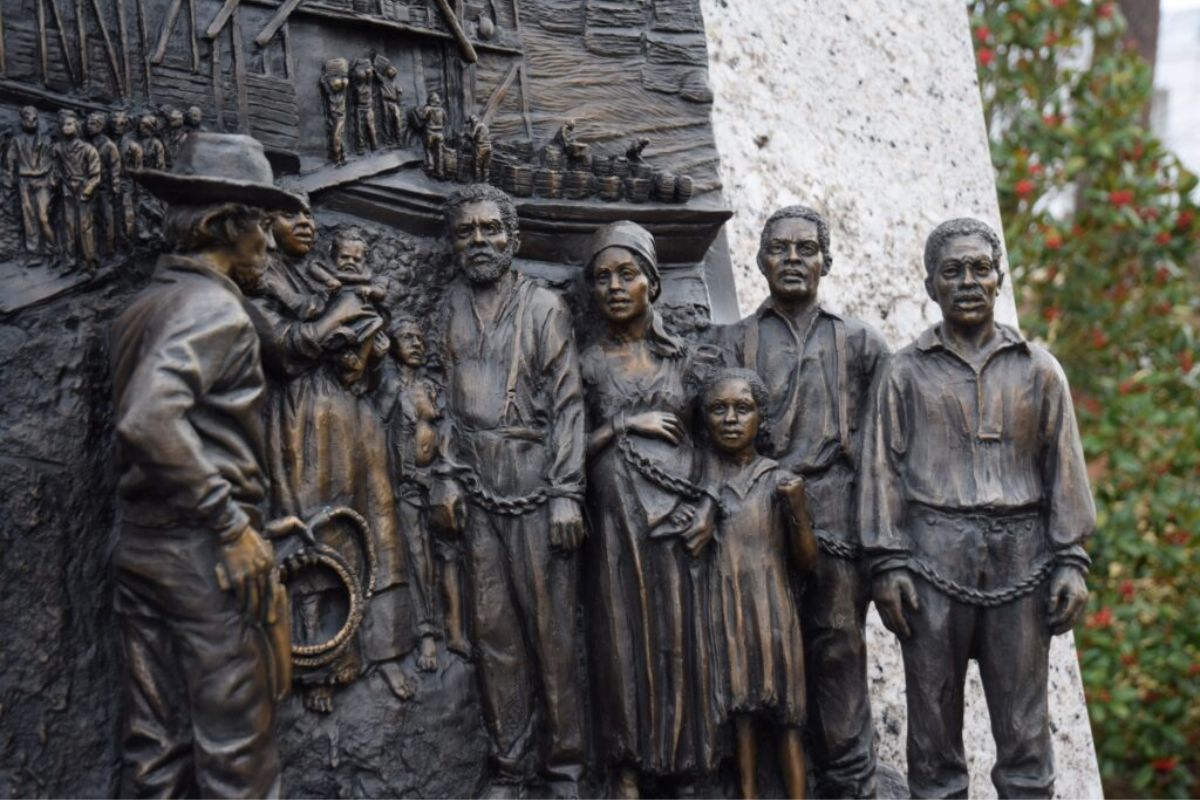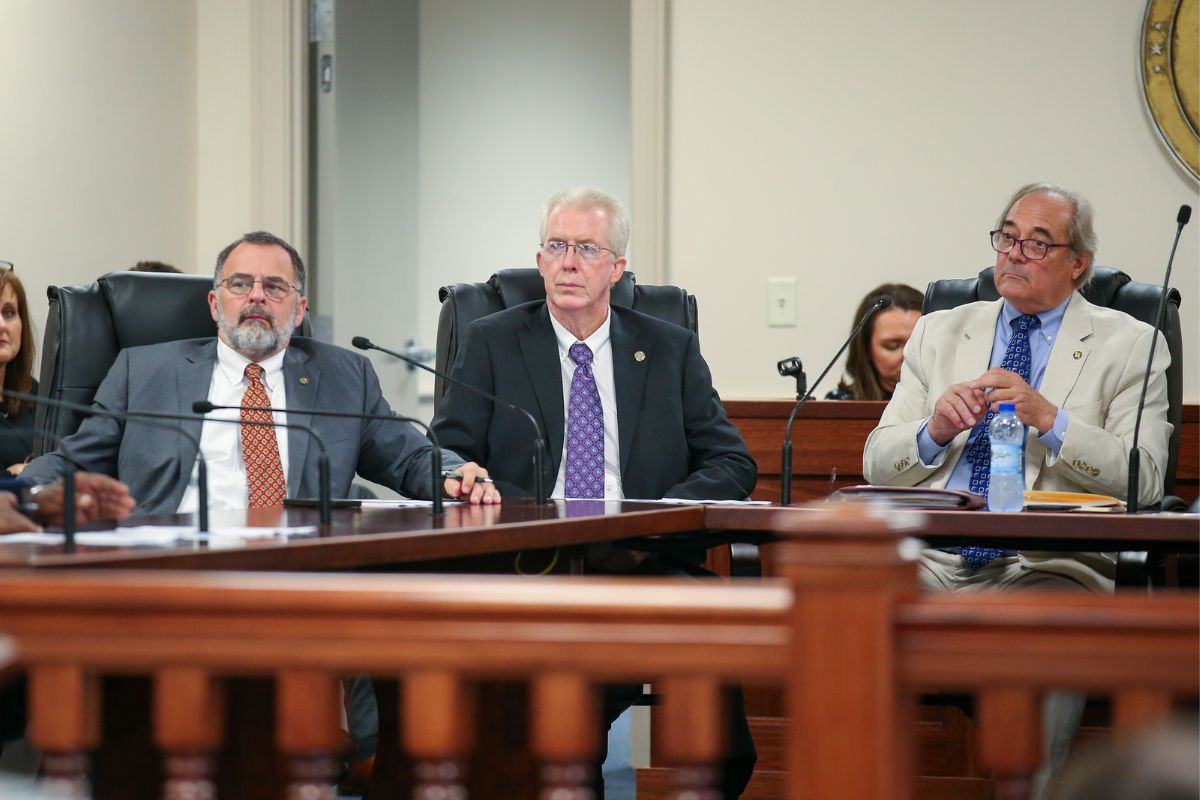Alabama House Bill Proposes Juneteenth: Alabama House Bill 367, introduced by Chris Sells, R-Greenville, pushes for Juneteenth as an official state holiday in Alabama. It sparks debate over honoring historical figures and advocating for inclusivity. Employees may choose to observe Juneteenth or Jefferson Davis’ Birthday.
The bill does not aim to add a paid holiday to the already existing 13. Alabama Democrats, like Rep. Chris England, D-Tuscaloosa, support Juneteenth recognition without affecting current holidays. This bill showcases efforts to align state holidays with federal ones and join the movement to commemorate Juneteenth as a pivotal moment in U.S. history.
Proposed Alabama House Bill on Juneteenth Commemoration
The proposed Alabama House Bill 367, introduced by Chris Sells, R-Greenville, seeks to incorporate Juneteenth, a significant holiday marking the abolition of slavery, into Alabama’s official list of state holidays for employees.
Under this bill, Alabama state employees would have the option to choose between observing Juneteenth or Jefferson Davis’ Birthday, a state holiday currently celebrated on the first Monday in June. Sells clarified that the intention behind this proposal was not to add another paid holiday, as state employees already benefit from 13 paid holidays annually. He emphasized, ‘I didn’t want to go another 14th day.’
Controversy Surrounding the Proposal
Amidst the proposed Alabama House Bill 367’s aim to incorporate Juneteenth as a state holiday, controversy has emerged regarding the existing celebration of Jefferson Davis’ Birthday in the state. Jefferson Davis’ Birthday, part of Alabama’s three state holidays honoring the Confederacy, has sparked debate due to Davis’ history as a slaveholder and racist.
Alabama Democrats, led by Rep. Chris England, D-Tuscaloosa, advocate for establishing Juneteenth as an official holiday without impacting current holidays. England voiced concerns over celebrating Jefferson Davis and questioned Alabama’s practice of honoring individuals with questionable legacies.
In contrast, Rep. Rick Rehm, R-Dothan, emphasized the importance of aligning state holidays with federal holidays. The recent recognition of Juneteenth as a federal holiday following President Joe Biden’s 2021 legislation adds complexity to the discussion.
The controversy surrounding the proposal highlights the tension between honoring historical figures and promoting inclusivity and racial equality in Alabama’s holiday celebrations.

ALSO READ: Ivey Fails to Enforce Alleged Racial Quota Requirement
Legislative Status and National Context
Discussing the legislative progress and national implications surrounding the proposed Alabama House Bill to establish Juneteenth as a state holiday reveals significant steps towards recognizing this pivotal moment in American history.
The bill is scheduled for discussion in an Alabama House committee on Wednesday afternoon. If approved and enacted, Alabama would become one of 27 states formally recognizing Juneteenth as an official state holiday through legislative means, distinguishing it from states that have acknowledged the day through executive actions.
This legislative initiative aligns with the broader national movement to commemorate Juneteenth, underscoring its importance as a historical milestone in the ongoing struggle for freedom and equality in the United States. By joining other states in enshrining Juneteenth as a state holiday, Alabama would be contributing to the nationwide effort to honor the emancipation of enslaved individuals and promote awareness of the significance of June 19, 1865, in American history.
News in Brief
The proposed Alabama House Bill aiming to establish Juneteenth as a state holiday has sparked controversy. The legislative status of the bill remains uncertain, as it is yet to be voted on.
This initiative aligns with a growing national trend to commemorate Juneteenth as a significant date in American history.
The outcome of this proposal will reflect the state’s commitment to recognizing and honoring the emancipation of enslaved African Americans.

